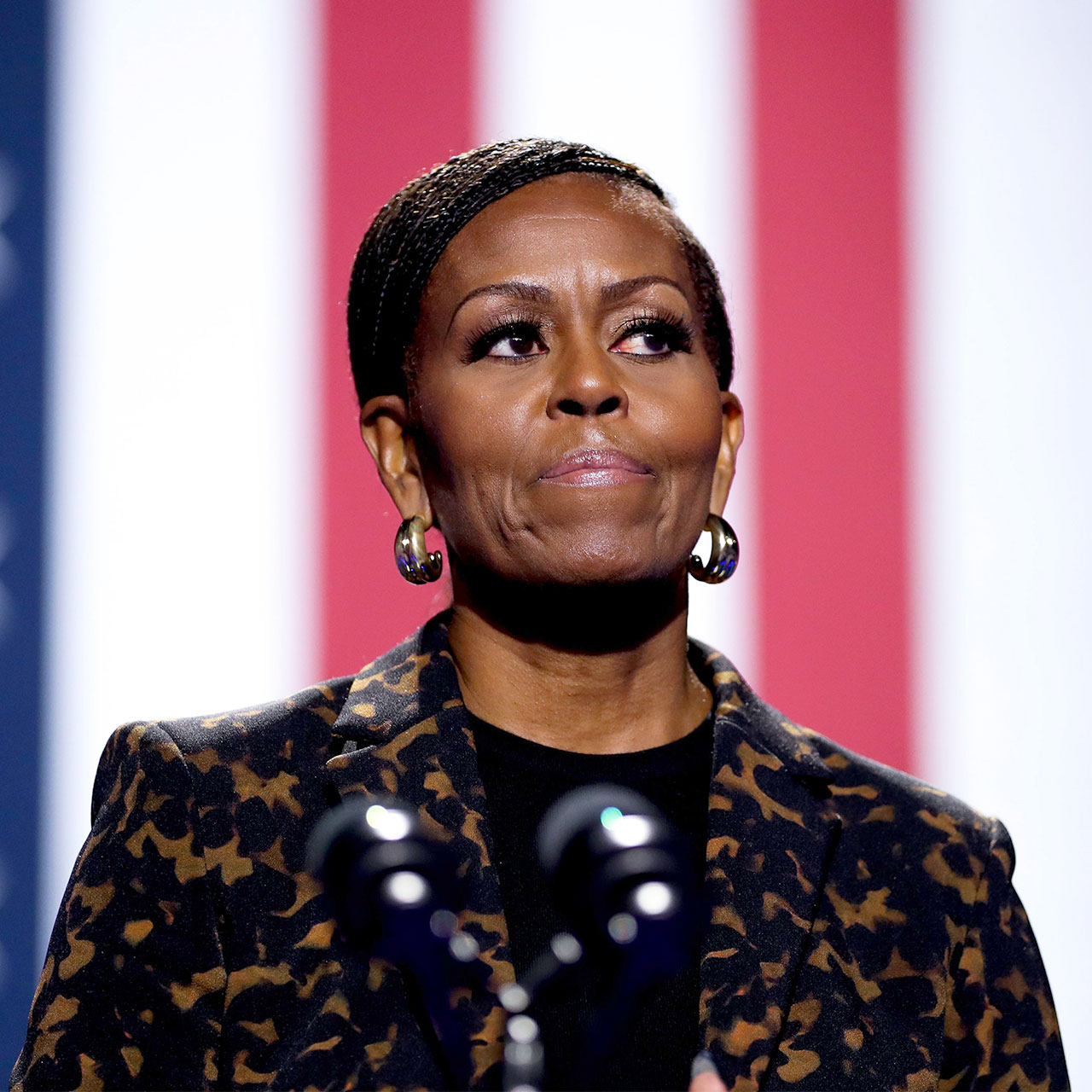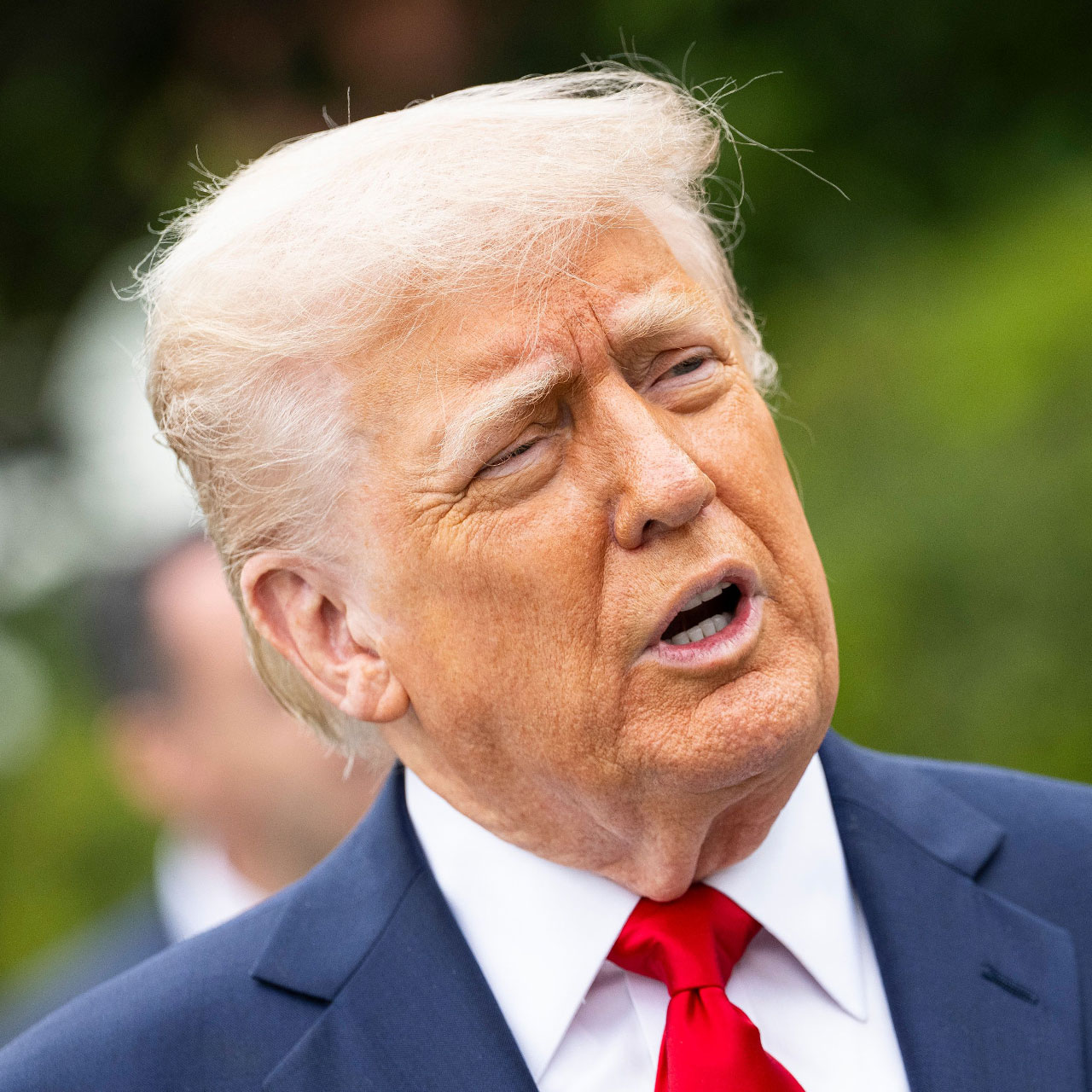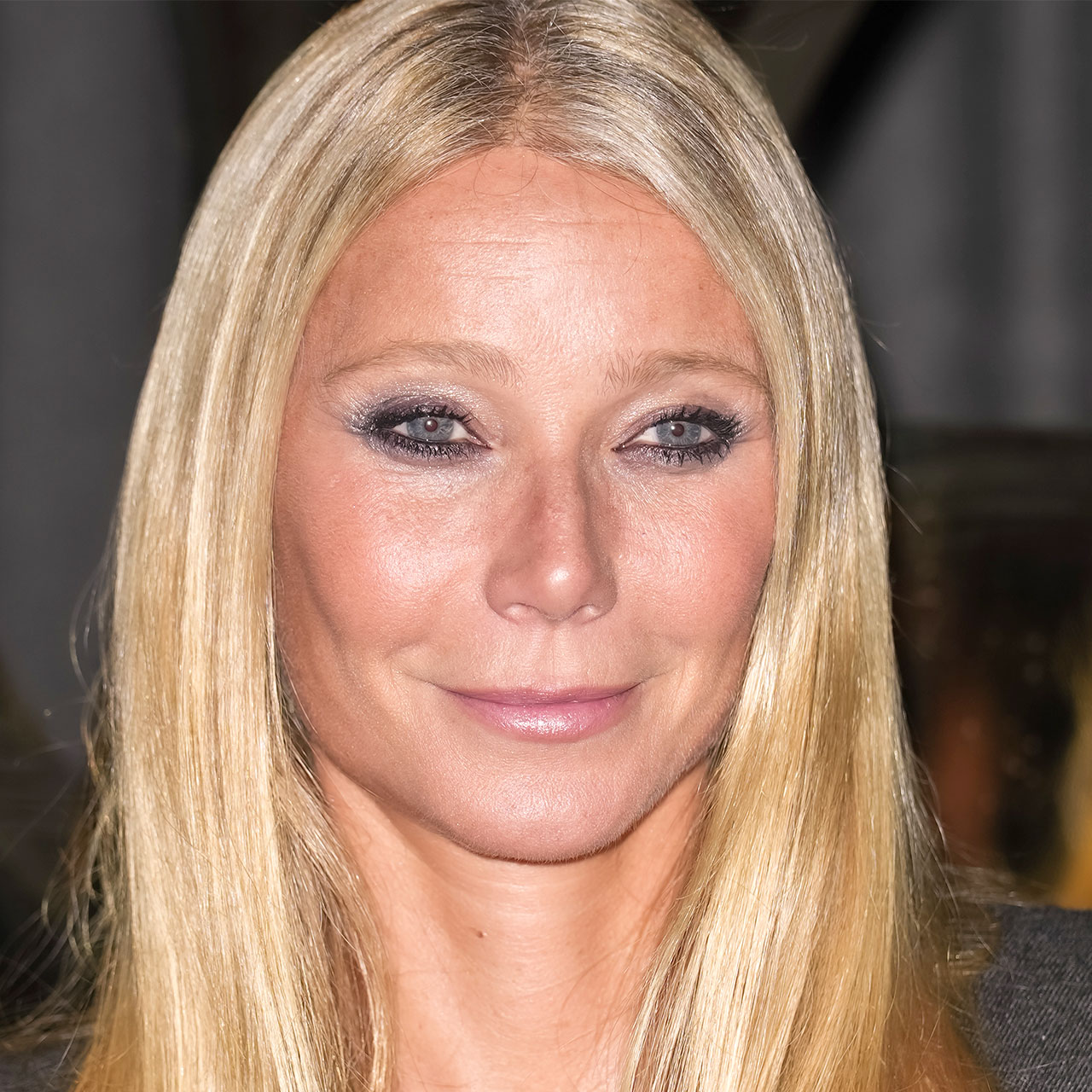According to legal experts, Donald Trump may have made a critical mistake by asking a judge to intervene in the criminal investigation into his collecting of government documents. By appointing a special master— experts who spoke to the New York Times explain— this could lead to a major “backfire” costing the twice-impeached former president more than he might have expected.
Peter M. Shane, a legal scholar in residence at New York University and a specialist in separation-of-powers law said to the Times, “Maybe from Trump’s point of view, creating delay and chaos is always a plus, but this has the feel of a giant backfire.” Initially, NYT writer Charlie Savage notes that Trump’s demand that an outside arbiter sift through the materials the F.B.I. seized from his Florida estate “seemed to turn in his favor.” His lawsuit was assigned to Aileen M. Cannon of the Southern District of Florida, a judge he had appointed himself. She surprised legal experts across the nation when she granted his shocking request.
Lawyers for former President Donald Trump called upon the Supreme Court to reverse an appeals court ruling that reversed a lower court ruling allowing for a special master to review allegedly classified documents seized at Mar-a-Lago. https://t.co/86BrTYpw1l
— MarineGun1791 (@DonDonMarshall1) October 4, 2022
Donald Trump’s attorneys have gone to the Supreme Court and requested that it intervene and allow the special master to look at all of the material seized from Mar-a-Lago, including classified documents. pic.twitter.com/fsT0CGxEh9
— The Recount (@therecount) October 4, 2022
Cannon effectively froze the Justice Department’s investigation into Trump, and gave the arbiter a broad mandate by naming the special master that was suggested by Trump’s lawyers. The judge, Raymond J. Dearie of Federal District Court for the Eastern District of New York, would filter the materials “not just for attorney-client privilege, which is not unusual,” Savage writes, but also for “executive privilege, which is unprecedented.”
However, the tides turned last month when both an appeals court ruling and a letter the Justice Department about subsequent complaints Trump’s legal team filed under seal to Judge Dearie imply that the positive aspects to getting a special master are not what they may have seemed. One of Trump’s lawyers, James Trusty did not respond to a request for comment from the Times, but later last week, Trump’s team refiled its complaints to the judge, which Savage writes, brought “the tensions more clearly into view.”
This Friday is the “put up or shut up” date for Donald Trump’s claim that the FBI planted evidence at Mar-a-Lago, per the Special Master, Judge Raymond Dearie. By then Trump must identify WHICH seized materials were “planted.” Yeah, right.
— Laurence Tribe (@tribelaw) September 27, 2022
Donald Trump and his lawyers thought it would be a great idea to request a special master in the Mar-a-Lago classified documents case.
The gambit appears to be backfiring. -MaddowBlog https://t.co/uPmHDhdour
— MSNBC (@MSNBC) September 30, 2022
Last week, the appeals court then allowed the Justice Department to continue analyzing around 100 documents marked as classified in its investigation, while, Savage notes, “telegraphing that the court thought Judge Cannon likely had erred by appointing a special master.” The appeals court panel blocked Judge Cannon’s order, which means that they, including two Trump appointees, allowed investigators to again look into the material that poses “by far the gravest legal threat to Mr. Trump,” as Savage writes.
Potential crimes include “unlawful retention of national security secrets, obstruction and defying a subpoena demanding all sensitive records that remained in his possession.” Savage adds, “Since that review is no longer delaying or diverting the criminal inquiry, it is not clear what benefits remain for Mr. Trump.”
Essentially, Julie O’Sullivan, a Georgetown University professor of white-collar law tells the times that Judge Dearie is telling Trump’s legal team “to put up or shut up.” She continued, “They thought it was a win to win the first battle, but they didn’t think through what winning that battle would mean with any reputable judge who is appointed as special master.” O’Sullivan added, “They can’t anticipate that every judge will give them a complete pass despite the law. It was a political or a public relations strategy, not a legal one.”


























